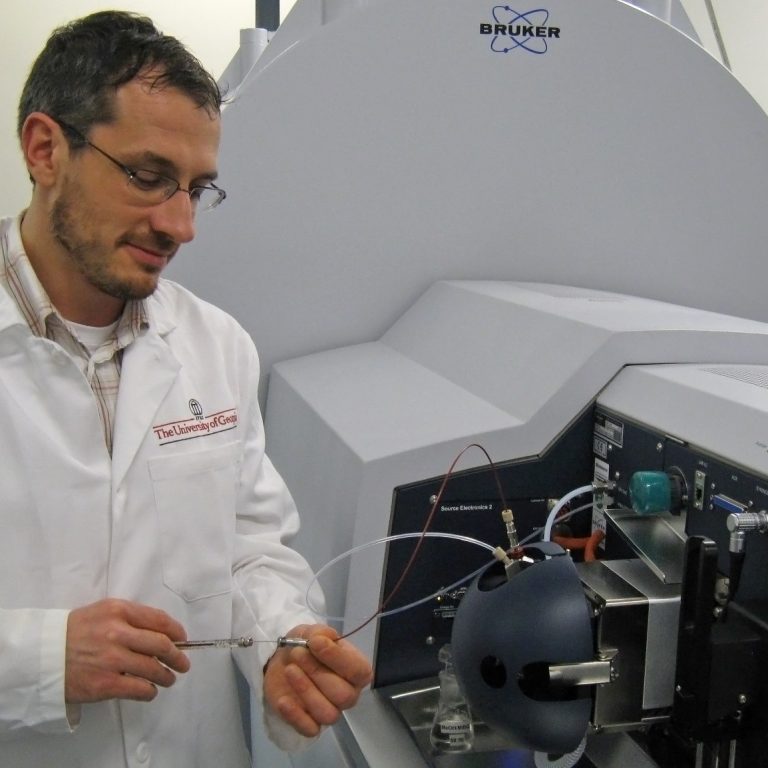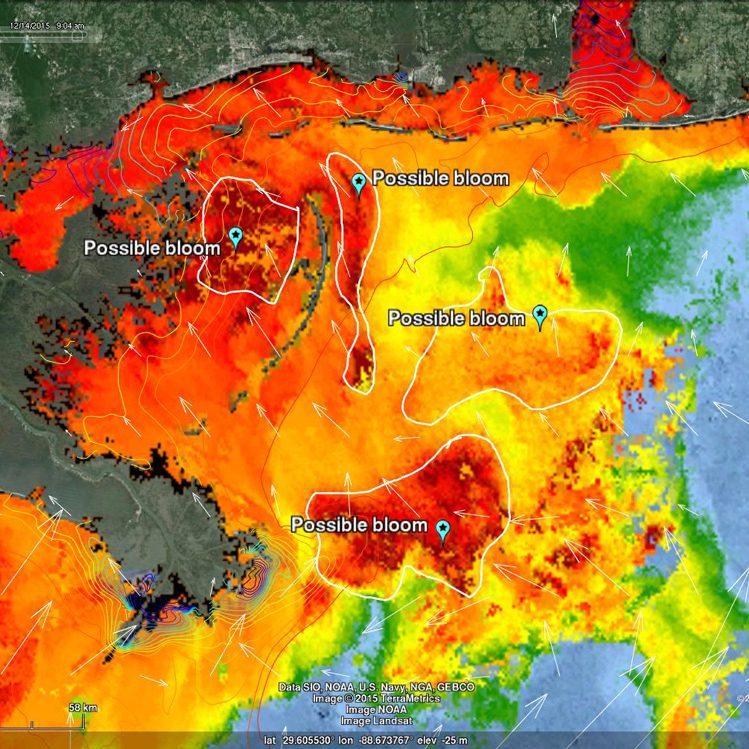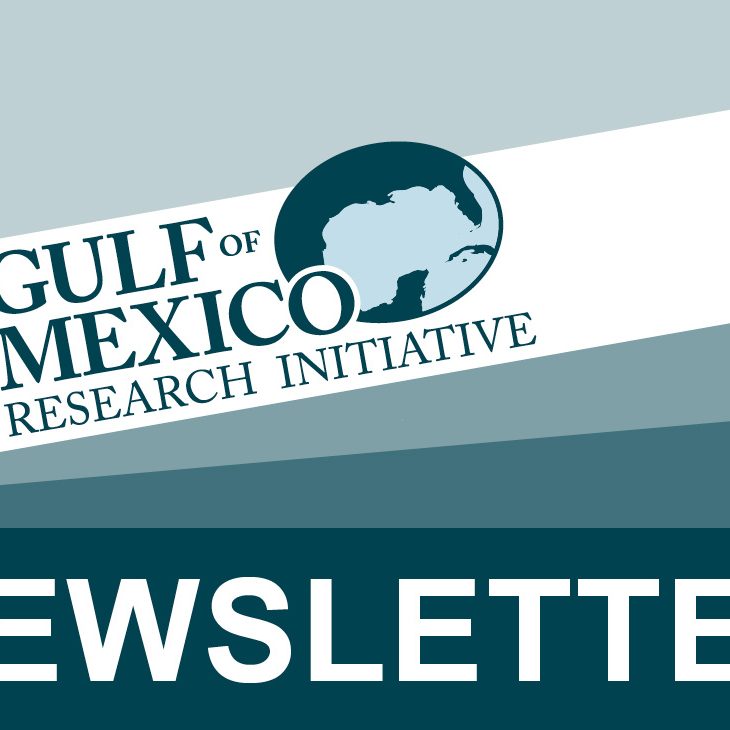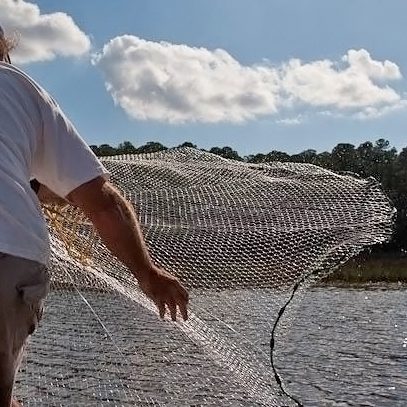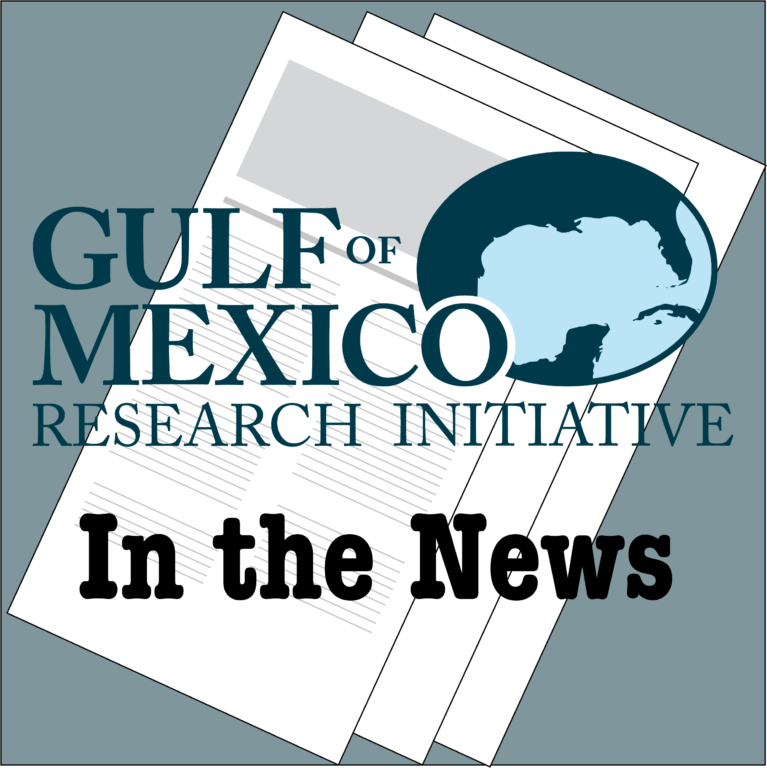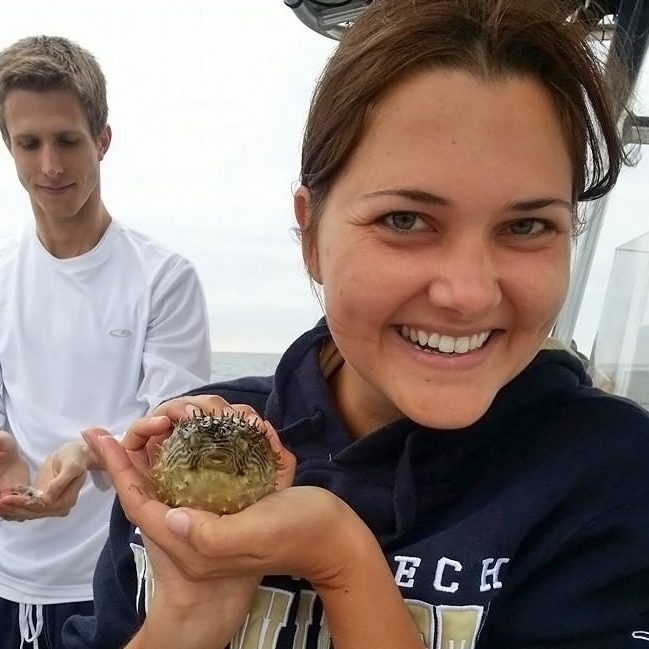Study Identifies Molecular Fingerprints for Tracking Oil and Dispersant Fate
An international science team examined the effects of dispersant on the activity and composition of oil-degrading marine microorganisms.The researchers found that the biodegraded oil-derived compounds exhibited a specific molecular composition that distinguished them from naturally occurring dissolved organic matter.

